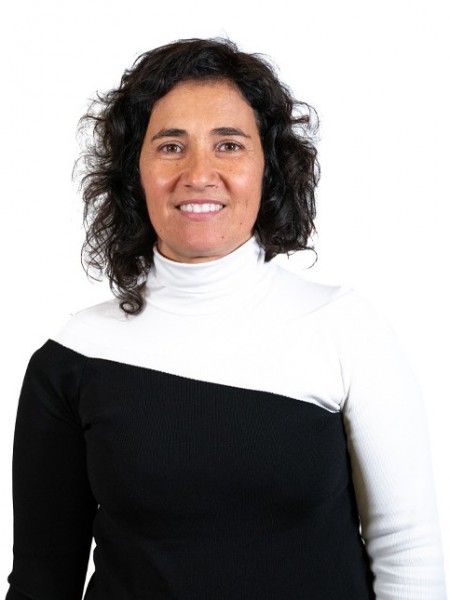resumo
Rare-earth (Pr3+, Sm3+, Eu3+ and Gd3+) doped bismuth ferrite powders were synthesized for the first time by solution combustion method, which is a fast soft chemistry route for obtaining oxide powders. The materials were investigated by X-ray diffraction, Raman spectroscopy, as well as scanning and transmission electron microscopy. A distortion from rhombohedral R3c symmetry, specific to pure bismuth ferrite, to orthorhombic symmetry was observed for all doped samples. The SEM analysis of pure and doped bismuth ferrite powders showed the formation of sintered grains, with faceted cuboids-shaped particles with different size and lower average dimension in the case of doped samples. Magnetic properties were analyzed using SQUID magnetometry, M-H hysteresis loops being measured at 10 K and 300 K. All studied pure and doped bismuth ferrite samples presented high susceptibility values for high magnetic fields indicating strong antiferromagnetic interactions, whereas the behavior at low magnetic field demonstrates the existence of ferromagnetic coupling. Compared to BiFeO3, Bi0.9RE0.1FeO3 (RE = Pr, Sm, Eu and Gd) powders exhibit higher susceptibility, remanence and coercivity values, Bi0.9Eu0.1FeO3 sample displaying the highest remanence and coercivity at room temperature. (C) 2014 Elsevier B.V. All rights reserved.
palavras-chave
BIFEO3 NANOPARTICLES; MULTIFERROIC PROPERTIES; CONDUCTION MECHANISM; LOW-TEMPERATURE; CERAMICS; SUBSTITUTION; MORPHOLOGIES; FILMS
categoria
Chemistry; Materials Science; Metallurgy & Metallurgical Engineering
autores
Iorgu, AI; Maxim, F; Matei, C; Ferreira, LP; Ferreira, P; Cruz, MM; Berger, D
nossos autores
agradecimentos
This work was supported by the CNCS-UEFISCDI Romanian Grant PN-II-RU-TE-2011-3-0160, project leader Dr. Florentina Maxim. The Portuguese authors gratefully acknowledge FEDER (Programa Operacional Factores de Competitividade - COMPETE) and FCT (Portugal) for funding the projects FCOMP-01-0124-FEDER-037271 (Ref. FCT PEst-C/CTM/LA0011/2013) and PEst-OE/FIS/UI0261/2011. PF acknowledges FCT for the IF IF/00327/2013. We thank to Dr. Maria Deus Carvalho from CQB, University of Lisboa, Portugal, for the Mossbauer data.


